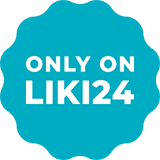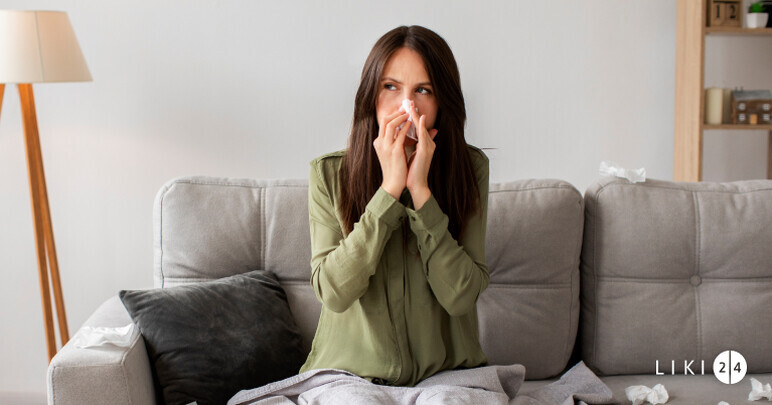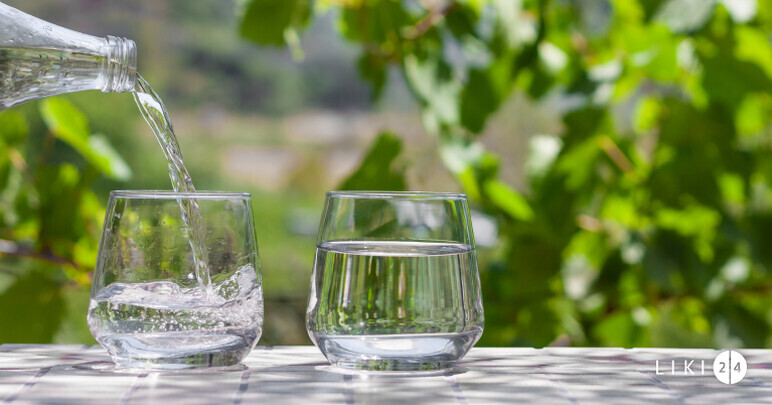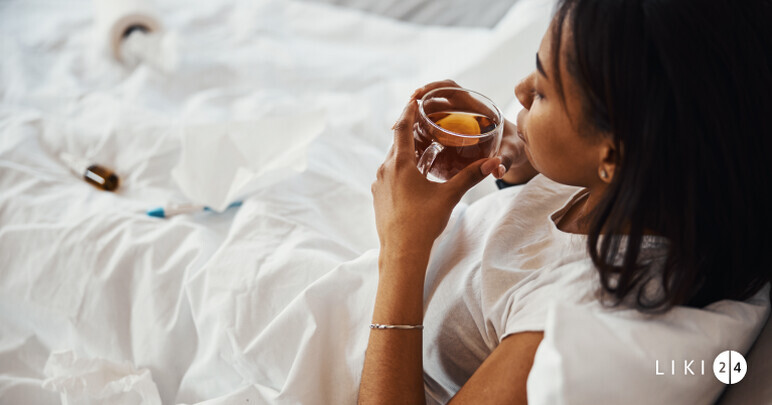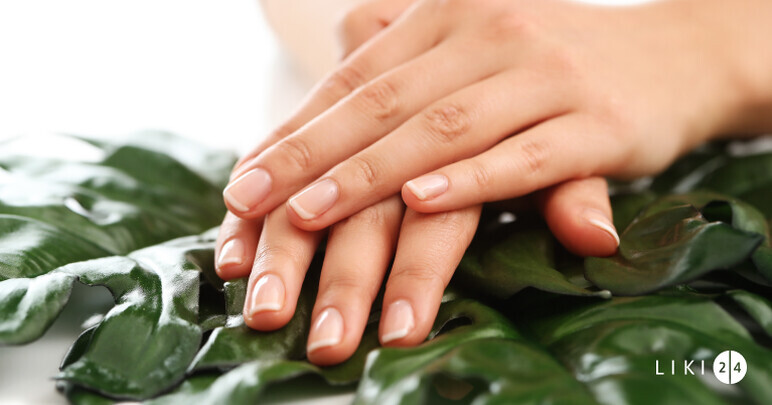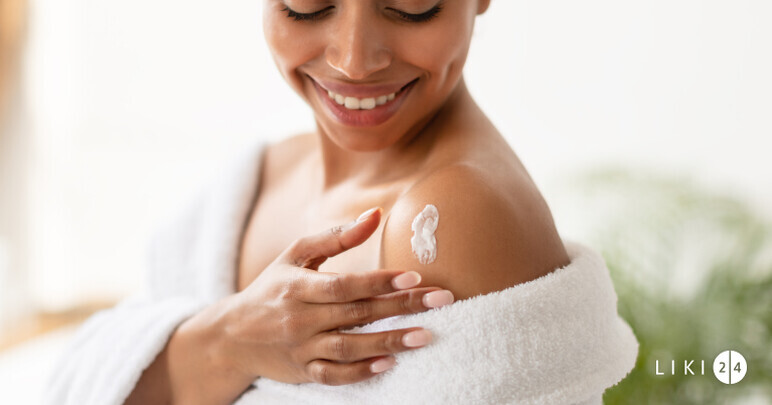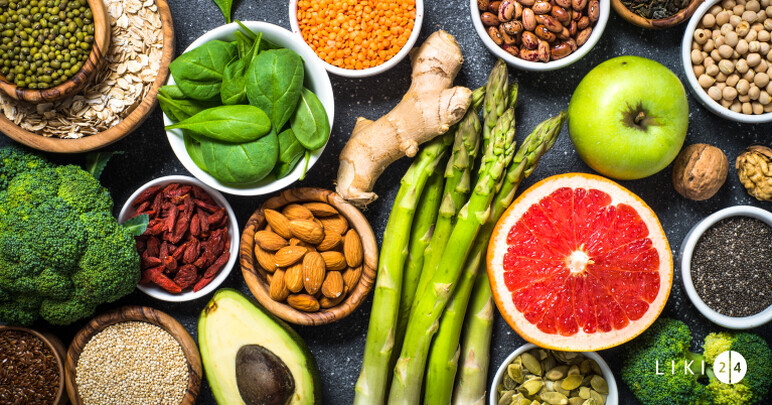Wild chestnut gel with podbal extract, menthol, camphor and vine, 250 ml, Biomedicus
Chestnut
Description Chestnut
The information in the FAQ section was created by the Liki24.co.uk team and is based on the official manufacturer's manual
Chestnut is a natural ingredient found in various remedies, especially for the treatment of varicose veins and other circulatory problems. There are several species, the main categories being edible chestnut or sweet chestnut and wild chestnut or horse chestnut.
Forms of release
Several types of chestnut-based products are available:
- supplements with chestnut extract;
- chestnut bud extract – such as edible chestnut extract or wild chestnut extract;
- chestnut tincture;
- chestnut-based ointments;
- chestnut honey.
Chestnut has mainly venotonic, vasoconstrictive and anti-inflammatory effects due to its composition, mainly escin, esculin, tannins, flavonoids and minerals. It is therefore usually recommended for protecting the circulatory system and in cases of varicose veins. Some types of products contain several ingredients, such as purified mummy resin extract with chestnut or ointment with chestnut, coltsfoot, menthol and grapevine.
Indications for use of chestnut
Chestnut-based products, whether supplements, extracts or ointments, are usually recommended for the health of veins and capillaries, in cases of varicose veins, phlebitis, thrombosis, cramps, venous insufficiency, varicose ulcers and oedema. Chestnut-based products improve the tone of blood vessels and capillaries, reduce their fragility and can promote recovery from bruises, sprains and haematomas.
Dosage and administration
Dosage and administration vary depending on the type of product, form of use and concentration. Chestnut-based supplements are usually taken 1 capsule 1-3 times a day, depending on the concentration and other ingredients in the composition. Chestnut extract is usually taken 2 ml diluted in a little water, administered 3 times a day, usually between meals. Chestnut ointments are applied to problem areas, massaging gently. The duration of treatment varies depending on the type of problem and its severity – use as recommended by your doctor. In general, such products are used for 1 to 3 months, and after a break of 1-2 months, the treatment can be repeated.
Contraindications
Sometimes, chestnut-based products may not be suitable for everyone. There are some contraindications, including contraindications to chestnut honey or other products. Chestnut products are not recommended if you are allergic to any of the ingredients. They are also not usually recommended during pregnancy and breastfeeding.
Interactions with other medicines and foods
Chestnut-based products may sometimes interact with anticoagulant and antiplatelet medications. Inform your doctor about any medications you are taking.
Side effects
Chestnut is generally safe and does not cause adverse effects.
Overdose
In excessive doses, it may cause a number of adverse reactions. Take as recommended by your doctor and do not use more than indicated.
Storage
Store products at room temperature, away from heat and moisture.
References
Frequently asked questions
Can chestnut be taken during pregnancy and breastfeeding?
Does chestnut affect driving ability?
Chestnut or horsetail?
Chestnut or Vita de Vie?
Chestnut or thistle?
Features
| Brand | Biomedicus, Favisan, Hofigal, Plant Extrakt, VitaKing |
| Product type | Capsules, Film-coated tablets, Gels, Monodoses, Solution |

Chestnut Tincture, 50 ml, Hofigal
Excellent dye that works well!

Wild Chestnut bud extract, 50 ml, Plant Extrakt
Very good for peripheral circulation!



